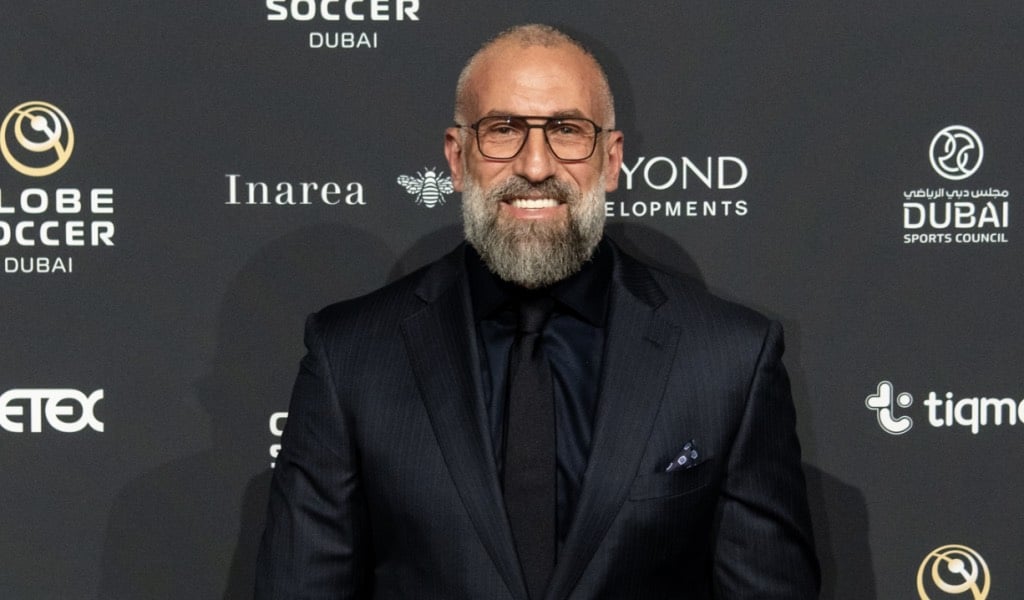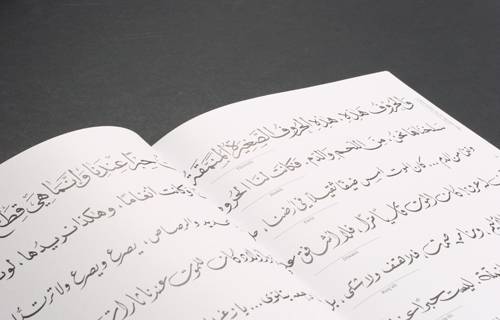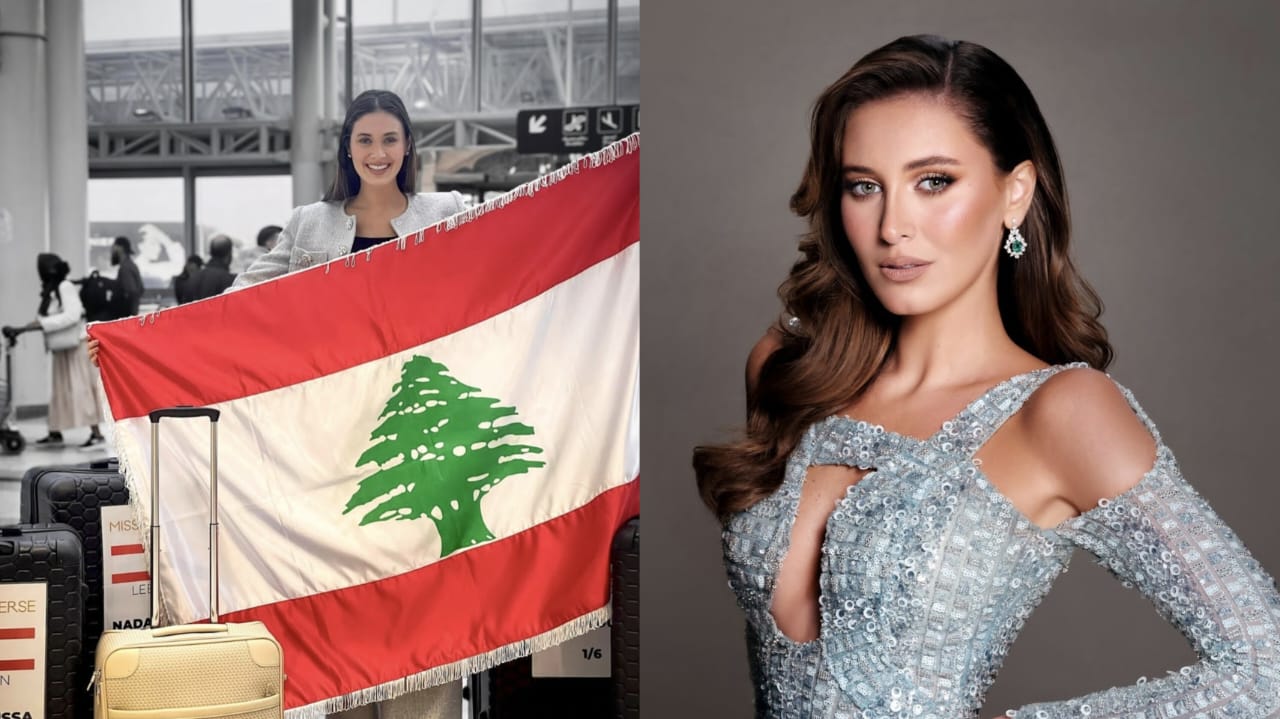“If my olives are good, I’m good”: Lebanon’s Farmers Face War and Loss
The ongoing war in Lebanon has sadly shattered hopes for this year’s long-awaited olive harvest. Just days ago, occupation forces issued a chilling warning to the people of South Lebanon, urging them to stay away from their homes and beloved olive fields.
The Occupation’s War on the Olive Harvest
The olive tree stands as a symbol of steadfastness, resilience, and a deep-rooted connection to the land. Southerners care for their olive trees as if they were family, with each one passed down through generations.
According to the Baal Project, an initiative supporting olive oil production in Lebanon, olive cultivation in the region dates back to 1600 BC. During this time, the Phoenician city of Tyre thrived as a major commercial hub, trading olives with ancient civilizations across the Mediterranean.
You can read about the history of olives in Lebanon here.
“Iza zaytounati mlah, ana mleeh!” – A farmer from South Lebanon
This phrase roughly translates to “If my olives are good, I’m good”
The people of the South described this year’s olive season as promising, hoping it would arrive alongside the end of the war. However, as threats continue to escalate, there is growing concern about losing a vital source of livelihood and a heritage cherished for generations.
According to sources from the Ministry of Agriculture, approximately 60,000 olive trees have been damaged, and 2.8 square kilometers have been burned, along with over 1,000 violent attacks using internationally banned white phosphorus.
Each olive harvest season used to be a celebration of life, but today, that dream is under threat. According to an LBC report, Lebanon is currently deprived of 22% of its olive production due to the ongoing war.
Despite the challenges, farmers hold onto great hope that they will return to their lands and see their trees once again. The olive fields stand as a testament to the resilience of the southerners and their unwavering desire to live, even in the toughest circumstances.
If you enjoyed this read, make sure to browse the #Jnoub section on our website.
And if you would like to help provide care packages to displaced families, check out these options here:
Daily Meals & Necessities for Displaced People with Sawamninjah
A local initiative supporting displaced families now settled in Tripoli by providing basic necessities, including daily meals, clothing, blankets, and more. Each package is $20, but you can give more by adding multiple packages to your cart. Simply choose how many packages you’d like to provide before checkout.
Medication & Baby Formula for Displaced with Sayadila Yantafidoon
A group of independent pharmacists that are providing free medications and baby formula to displaced families around Lebanon. Each package is $20, but you can give more by adding multiple packages to your cart. Simply choose how many packages you’d like to provide before checkout.
Menstrual Products for Displaced Families with Jeyetna
A local collective that fights menstrual poverty by distributing menstrual products and hygiene necessities for the displaced around Lebanon. Each package is $20, but you can give more by adding multiple packages to your cart. Simply choose how many packages you’d like to provide before checkout.
Daily Meals & Necessities for Displaced People with Sawamninjah
A local initiative supporting displaced families now settled in Tripoli by providing basic necessities, including daily meals, clothing, blankets, and more. Each package is $20, but you can give more by adding multiple packages to your cart. Simply choose how many packages you’d like to provide before checkout.
Medication & Baby Formula for Displaced with Sayadila Yantafidoon
A group of independent pharmacists that are providing free medications and baby formula to displaced families around Lebanon. Each package is $20, but you can give more by adding multiple packages to your cart. Simply choose how many packages you’d like to provide before checkout.
Menstrual Products for Displaced Families with Jeyetna
A local collective that fights menstrual poverty by distributing menstrual products and hygiene necessities for the displaced around Lebanon. Each package is $20, but you can give more by adding multiple packages to your cart. Simply choose how many packages you’d like to provide before checkout.
For more care packages, click here!




